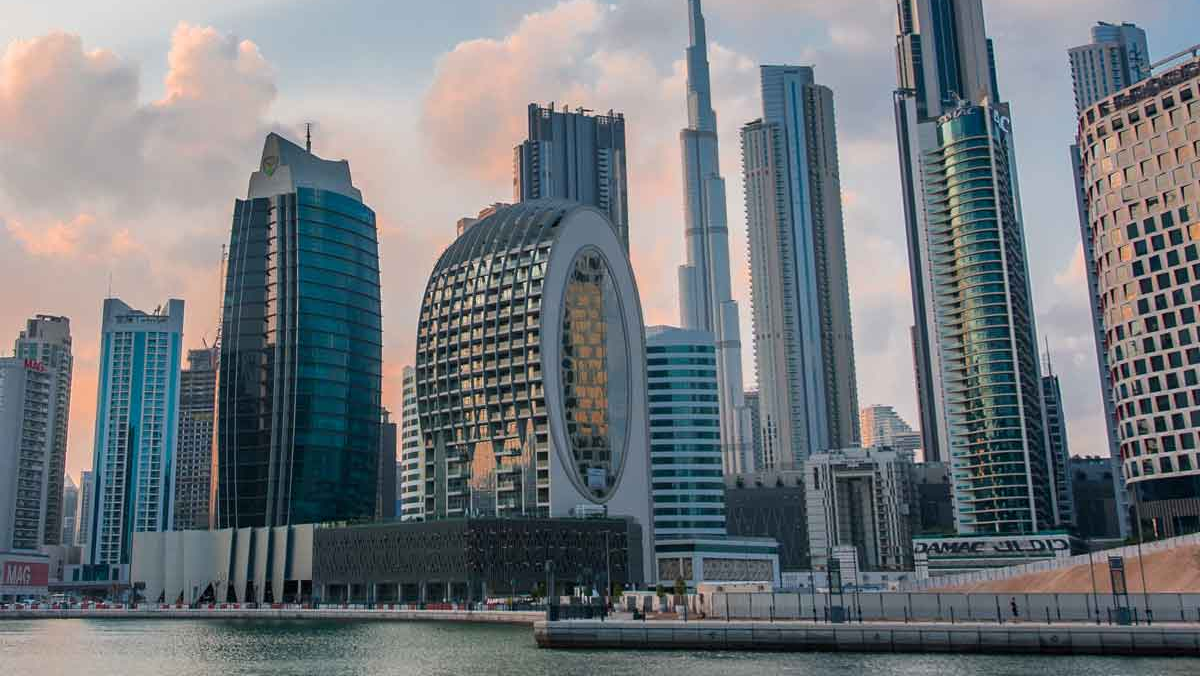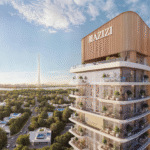Now Reading: How UAE Media Is Transforming News and Entertainment in 2025
-
01
How UAE Media Is Transforming News and Entertainment in 2025
How UAE Media Is Transforming News and Entertainment in 2025
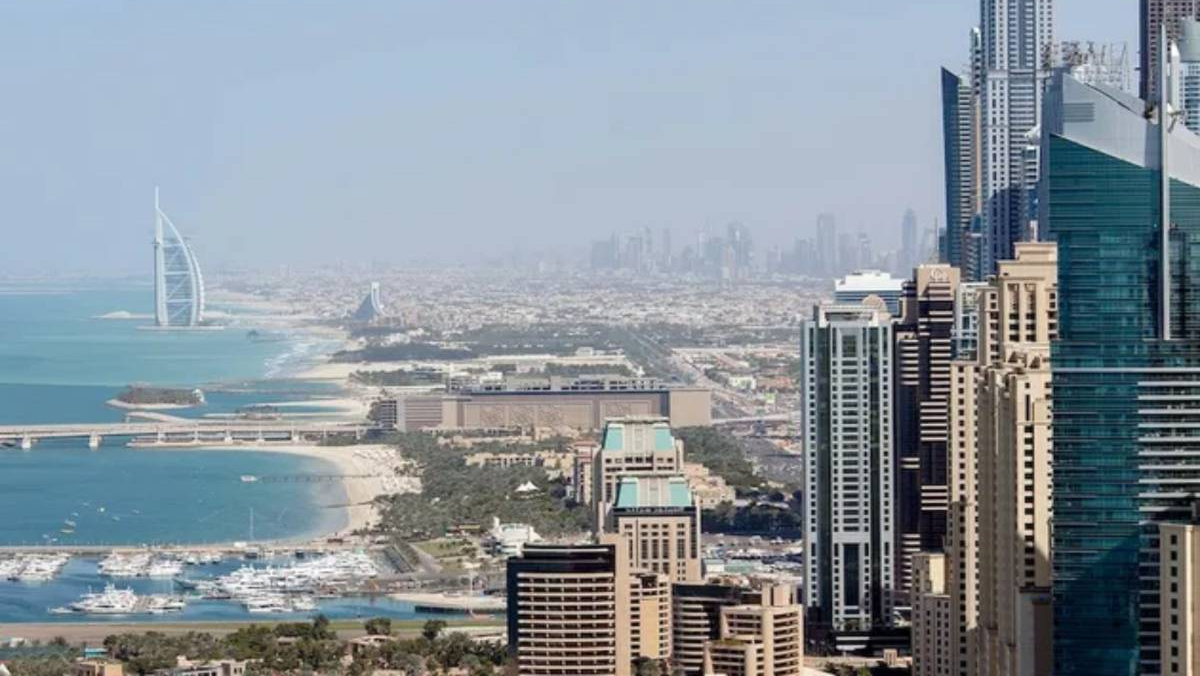
Table of Contents
The media industry in the United Arab Emirates (UAE) has seen a major transformation over the past two decades. Once dominated by traditional print newspapers and television channels, the UAE media sector now thrives in the digital space. From breaking news apps to AI-powered content and social media influencers, UAE media is shaping not just regional narratives, but also building global recognition.
This growth has been driven by government support, new technologies, a multicultural population, and high internet penetration. Whether it’s local Emirati culture, international business news, or entertainment updates, UAE media platforms are expanding their reach and influence.
A Shift from Print to Digital
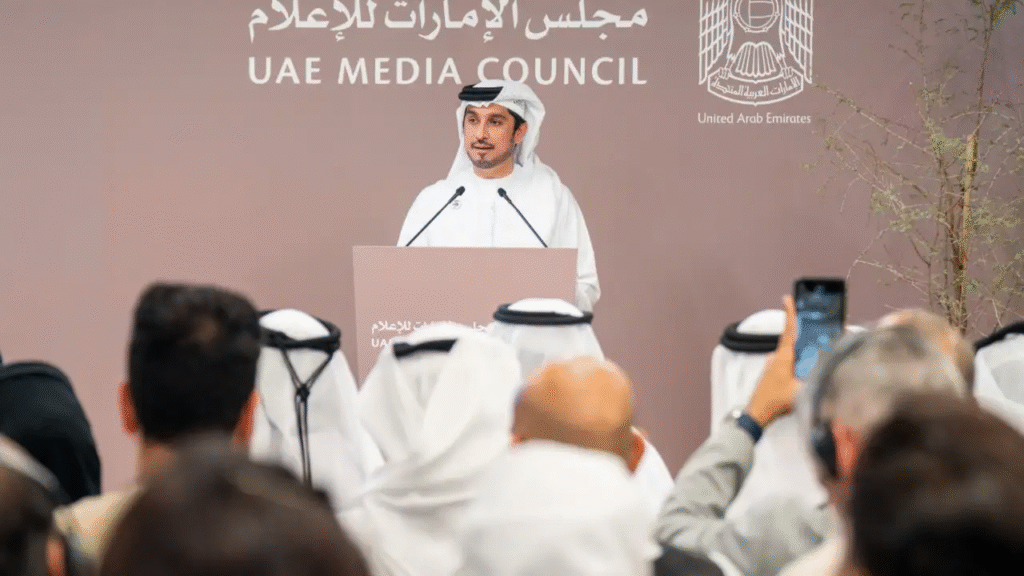
In the early 2000s, newspapers like Khaleej Times, Gulf News, and The National were among the most trusted sources of information in the country. Today, while print versions still exist, most readers now access these publications through websites and mobile apps. With the rise of digital news platforms, consumers expect fast, real-time updates.
The shift to digital has also brought multimedia journalism to the front. Articles are now supported by videos, infographics, and social media updates. Readers are no longer just reading—they are watching, listening, and sharing news across platforms.
Government Initiatives Fueling Media Development
The UAE government has played a key role in promoting media growth. The establishment of media hubs like Dubai Media City and twofour54 in Abu Dhabi has attracted global companies, regional startups, and content creators. These hubs offer modern infrastructure, tax-free zones, and networking opportunities for media professionals.
Dubai Media City, launched in 2000, is now home to major broadcasters like CNN, Reuters, BBC, and CNBC Arabia. Similarly, twofour54 is known for supporting Arabic-language content and has become a major production base for films, documentaries, and digital shows.
These free zones are part of the UAE’s broader plan to become a regional leader in creative industries and knowledge-based economies.
Rise of Social Media and Influencer Culture
Social media platforms have become an essential part of the UAE media landscape. With over 99% internet penetration and high smartphone usage, UAE residents spend significant time on platforms like Instagram, TikTok, Snapchat, and X (formerly Twitter).
This has given rise to a powerful influencer community. UAE-based influencers promote everything from fashion and food to real estate and tech products. Brands and businesses now rely on these digital personalities to connect with local and global audiences.
At the same time, the government has introduced licensing systems for influencers and content creators to ensure responsible and ethical media practices. The National Media Council oversees content quality and monitors the impact of influencers on public opinion.
Broadcasting: A Blend of Local and Global Content
Television remains a popular medium in the UAE, but it has evolved with changing consumer behavior. Channels such as Dubai TV, Abu Dhabi TV, and Sharjah TV continue to air local programming, cultural shows, and Arabic news. However, satellite services and digital platforms offer a wide variety of international content as well.
UAE residents can easily access channels from India, the UK, the US, and many other countries, reflecting the nation’s diversity. Streaming platforms like Netflix, Shahid, StarzPlay, and Amazon Prime have also become widely used, especially among the younger audience.
The growing popularity of podcasts is another trend to watch. From business and tech to lifestyle and wellness, Arabic and English-language podcasts are gaining large audiences in the region.
Media and National Identity
UAE media also plays an important role in promoting national identity and values. Local platforms highlight stories of Emirati success, government achievements, and cultural heritage. The annual UAE National Media Council Forum encourages discussions around ethical journalism, digital responsibility, and the future of Arab media.
During national celebrations like UAE National Day or Expo 2020 Dubai, media campaigns strongly contribute to building pride and unity. Television specials, social media stories, and documentaries help tell the story of the nation to both citizens and the global audience.
Challenges and Opportunities Ahead
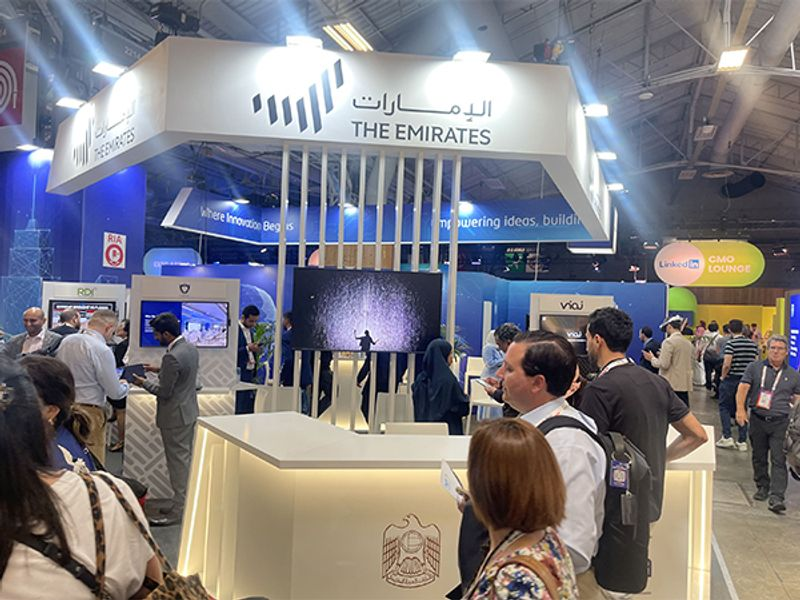
Despite its impressive growth, the UAE media sector faces several challenges. These include fighting misinformation, maintaining content accuracy, adapting to fast-changing technology, and competing for attention in a saturated digital world.
Cybersecurity and content regulation are also important concerns. The UAE has strict media laws to prevent hate speech, fake news, and offensive material. Balancing freedom of expression with social responsibility remains a key task for media professionals.
On the other hand, the rise of artificial intelligence, augmented reality, and immersive storytelling brings exciting opportunities. Media outlets are now using AI to generate articles, recommend content, and personalize user experiences.
Moreover, as the UAE continues to attract international talent and investment, the media industry is set to become even more innovative and diverse.
Conclusion
The UAE media industry is no longer just a national player it is becoming a regional and even global force. Supported by government vision, digital innovation, and a multicultural society, media in the UAE is fast adapting to the modern world.
Whether it’s through professional news platforms, creative YouTube channels, or trending TikTok videos, the UAE is telling its story like never before. As 2025 unfolds, the country’s media landscape will only continue to grow, inspire, and lead in new directions.
Read More:- Why Smaller Lawns Are Smarter: Save Water and Money Fast 2025



